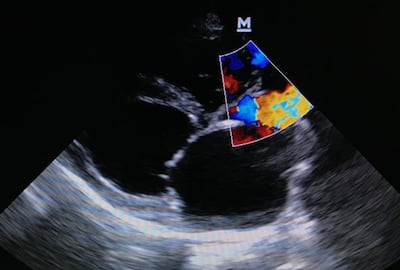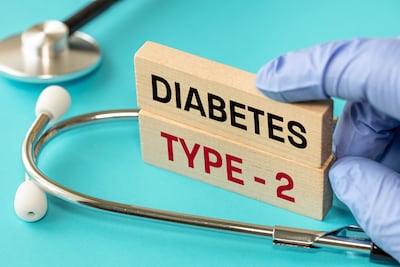Stay current on regulatory guidelines from around the world with Medtech Insight's Guidance Tracker. Over 40 documents have been posted on the tracker since its last update.
TRiCares announced first implantation of the Topaz transfemoral tricuspid heart valve replacement system as part of the company’s EU pivotal study. If all goes to plan, the device will compete with Edwards’ Evoque system. The announcement follows the company’s $50m series D funding raise in July.
Tim Schmid, executive VP and worldwide chairman of J&J MedTech, expects Shockwave, acquired in April, and Abiomed, purchased in late 2022, to be “long-term gems” for the company. Cardiovascular is among higher-growth segments where J&J has concentrated investments in recent years, along with robotic surgical systems.
The US FDA has published a trio of draft guidance documents for its Assessment Scheme for Conformity Program, which began as a pilot in September 2020 to capitalize on the role of standards in the regulation of medical devices.
UK-based Biocomposites will begin selling in the UK its next-generation osteoinductive bone graft substitute, NanoBone, which came with its acquisition of Artoss GmbH in June 2023. Meanwhile, the company has purchased remaining shares in the manufacturers of SYNICEM and Subiton antibiotic bone cements and preformed antibiotic-loaded spacers.
The firm’s dual-chamber leadless pacemaker system with is expected to be a growth driver for Abbott and already has acquired approximately 30%-40% of market share from Medtronic since its approval by the US FDA in July 2023, according to GlobalData.
Amferia is developing an antimicrobial peptide hydrogel dressing to combat infections in acute wounds in humans and veterinary contexts. Supported by €1.2m of new venture capital financing, the company is planning pivotal clinical studies to support an FDA application later this year and CE mark submission in 2026-2027.
Stay current on regulatory guidelines from around the world with Medtech Insight's Guidance Tracker. Nearly 80 documents have been posted on the tracker since its last update.
Vitestro's automated blood drawing robot received CE marking on August 28. The company is limiting release of the robot over the next 12 months to a small number of selected hospitals, with plans to scale up production thereafter.
The German federal cabinet has passed the health ministry’s rejigged Healthy Heart Law draft, which features early diagnosis, restructured treatment planning and improved therapeutic care. Cardiologists and the diagnostics industry approve, but other parties have criticized the plan.
Inari Medical is updating use instructions for a clot-removing catheter due to the potential for serious adverse effects, including death.
The Acton, MA-based tubeless insulin pump specialist expands its indication for the Omnipod 5 AID system beyond type 1 diabetes as FDA authorization for type 2 comes sooner than Wall Street expected. Analysts expect clearances of rival systems from Tandem Diabetes Care and Medtronic in 2025, but believe Insulet is well-positioned to compete.
Two years after the EU adopted the original common specifications for certain products under the IVD Regulation, the commission has added new products and updated its requirements.
When a medtech regulatory consultant receives some 500 requests in a single month on LinkedIn for a guide he has spent 300 hours writing, you know it is a critical topic.
At last, there is more transparency for medtech manufacturers about testing and certification costs. But BSI is still the only notified body to have published lead times under the medtech regulations.
Without new tools, cyber security risks related to the increasing digitization of healthcare will remain unmonitored and under-researched, a new report warns.
With the latest ruling in Germany, there is speculation that the Medical Device Regulation’s confusing Article 11 on software or the device’s timing of gaining its class I category may be to blame for the invidious position Dermanostic has found itself in.
Hello Heart has introduced a symptom tracking feature in its app, allowing users to log feelings of dizziness or shortness of breath in conjunction with blood pressure readings. The enhancement will help all users to monitor cardiovascular risks, but women in particular could benefit, the company suggests.
The Seattle-WA-based company’s latest capital raise follows study results published in July in which Know Labs’ proprietary non-invasive RF dielectric sensor and machine learning algorithms correctly classified participants’ glycemic status as hyperglycemic, normoglycemic, or hypoglycemic with 93.37% accuracy compared with venous blood glucose values. Know Labs' goal is to commercialize a diabetes screening device that could help to funnel undiagnosed patients into the health care system.
Global investment firm Carlyle has agreed to pay $3.8b for Baxter International’s Kidney Care unit. The newly spun-off business will be known as Vantive.















